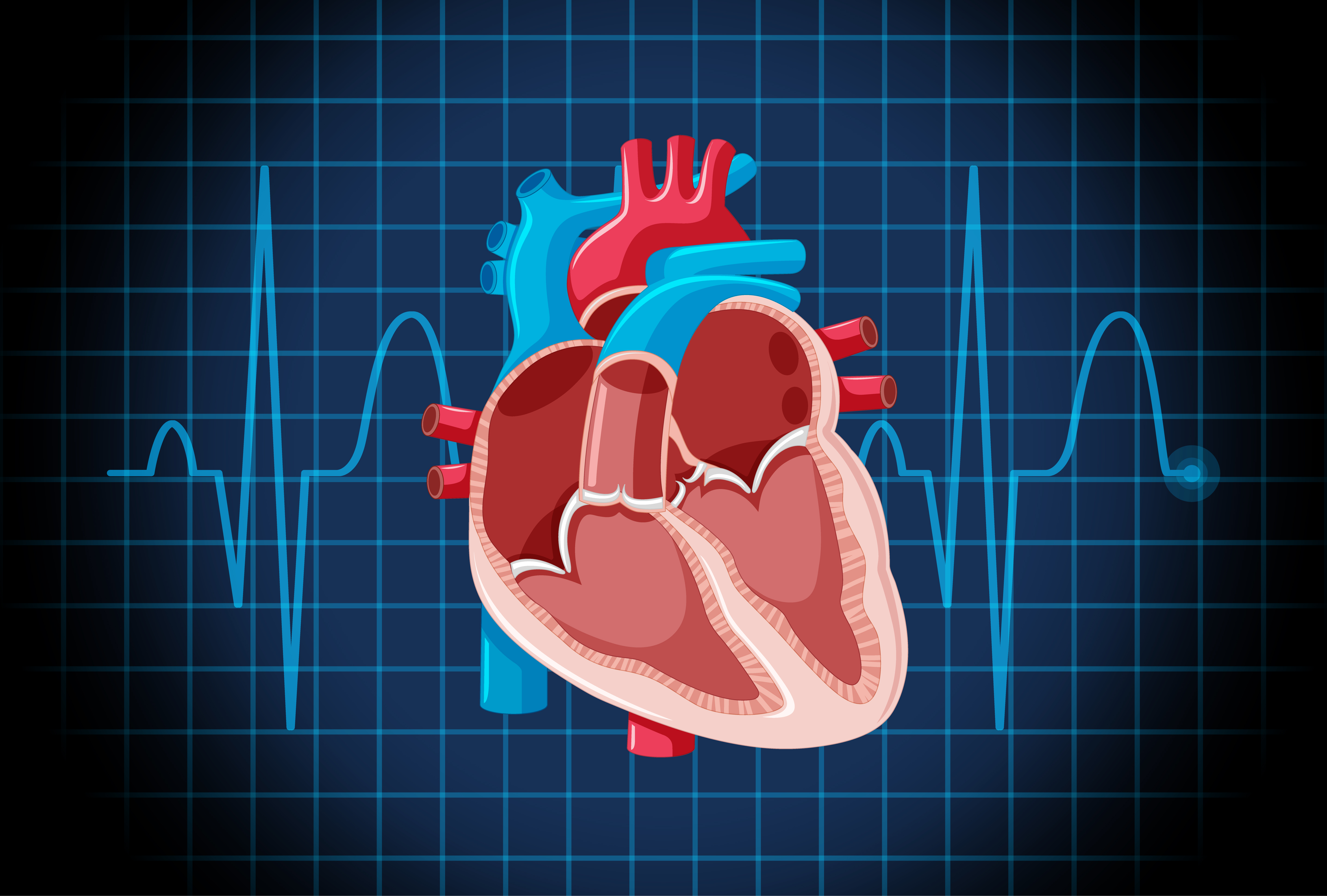Your diet plays a crucial role in maintaining heart health. The foods you choose to eat can influence your cardiovascular system, either supporting a healthy heart or contributing to heart disease. In this blog, we’ll explore how sodium, sugar, and fat impact heart health and provide practical tips for making heart-friendly dietary choices.
1. The Role of Sodium

Sodium, primarily found in salt, is essential for fluid balance and nerve function. However, excessive sodium intake can lead to high blood pressure, a major risk factor for heart disease.
How Sodium Affects Your Heart:
- High Blood Pressure: Consuming too much sodium can cause the body to retain water, increasing blood volume and pressure. Over time, this can strain the heart and blood vessels.
- Heart Disease: Chronic high blood pressure from excessive sodium intake can lead to the development of heart disease, including heart attacks and strokes.
Practical Tips:
- Read Labels: Look for low-sodium or no-sodium-added options. Aim for less than 2,300 milligrams of sodium per day, and ideally 1,500 milligrams for those with high blood pressure or at risk.
- Cook at Home: Preparing meals from scratch allows you to control the amount of salt used. Experiment with herbs and spices to enhance flavor without adding sodium.
- Limit Processed Foods: Processed and packaged foods often contain high levels of sodium. Opt for fresh, whole foods whenever possible.
2. The Impact of Sugar

Excessive sugar intake, particularly from sugary beverages and snacks, can have a detrimental effect on heart health.
How Sugar Affects Your Heart:
- Weight Gain: High sugar consumption can lead to weight gain, which increases the risk of developing heart disease. Extra body fat, especially around the abdomen, is linked to higher blood pressure and cholesterol levels.
- Increased Triglycerides: Consuming too much sugar can raise triglyceride levels, a type of fat in the blood that contributes to heart disease.
- Insulin Resistance: High sugar intake can lead to insulin resistance, which may eventually result in type 2 diabetes, a condition that significantly increases heart disease risk.
Practical Tips:
- Reduce Sugary Drinks: Limit intake of sodas, energy drinks, and sweetened teas. Opt for water, herbal teas, or beverages with no added sugars.
- Choose Whole Foods: Incorporate fruits, vegetables, and whole grains into your diet. These foods provide natural sugars along with fiber and essential nutrients.
- Check Labels: Look out for added sugars in ingredient lists. Terms like high fructose corn syrup, sucrose, and glucose indicate added sugars.
3. The Effect of Fat

Not all fats are created equal. The type of fat you consume can either support heart health or increase your risk of heart disease.
How Fat Affects Your Heart:
- Saturated Fat: Found in red meat, butter, and full-fat dairy products, saturated fat can raise LDL (bad) cholesterol levels, leading to clogged arteries and increased heart disease risk.
- Trans Fat: Common in processed and fried foods, trans fats are known to raise LDL cholesterol and lower HDL (good) cholesterol, further increasing heart disease risk.
- Unsaturated Fat: Found in foods like avocados, nuts, and olive oil, unsaturated fats can help lower LDL cholesterol and reduce inflammation, supporting heart health.
Practical Tips:
- Opt for Healthy Fats: Choose sources of unsaturated fats, such as olive oil, avocados, and nuts. These fats can improve cholesterol levels and support overall heart health.
- Limit Saturated and Trans Fats: Reduce consumption of red meat, processed foods, and baked goods made with partially hydrogenated oils.
- Cook with Healthier Oils: Use oils rich in unsaturated fats, like olive oil or canola oil, instead of butter or lard.
Conclusion
Your diet has a significant impact on your heart health. By being mindful of your sodium, sugar, and fat intake, you can make choices that support a healthier heart and reduce your risk of cardiovascular disease. Emphasize whole, unprocessed foods, pay attention to nutrition labels, and adopt heart-healthy cooking methods. Your heart will thank you for it, leading to better overall well-being and longevity.
Taking these steps today can make a lasting difference in your heart health, ensuring a healthier tomorrow.




